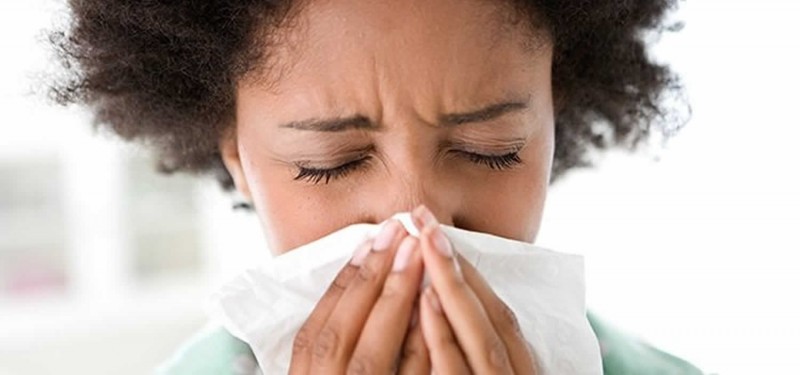
In tandem with conversations around COVID-19, the black fungal infection has also intrigued people. Also known as ‘black fungus’ or ‘mucormycosis’, it is a rare kind of fungal infection affecting 1 in 10,00,000 people, but with an overall mortality rate of 50 per cent. The disease is often characterised by hyphae growing in and around blood vessels and can be potentially life-threatening in diabetic or severely immunocompromised individuals.
Dr Sweta Budyal, senior consultant endocrinologist, Fortis Hospital, Mulund explains that mucormycosis frequently infects the sinuses, brain, or lungs. “While infection of the oral cavity or brain are the most common forms of mucormycosis, the fungus can also infect other areas of the body such as the gastrointestinal tract, skin, and other organ systems,” she says.
According to Dr Budyal, infection with mucormycosis should be suspected when there is:
“People in an extreme immune-compromised state are likely to contract this infection. Diabetologists across the country raise caution against the increased prevalence of mucormycosis during COVID-19, urging people to keep their sugar levels under check to reduce the risk.
“What is more worrying is that the use of steroids for treating certain cases of COVID-19 would shoot up sugar levels; this coupled with lack of physical activity puts diabetic people at a higher risk of catching the black fungal infection,” the doctor warns.
According to her, steroids reduce inflammation in the lungs due to COVID-19 and appear to help curb some of the damage that can happen when the body’s immune system fights against the virus. But, they also reduce immunity and push up blood sugar levels in both diabetics and non-diabetic COVID-19 patients.
“For diabetes patients, this is life-threatening. A person affected with mucormycosis may need early detection and powerful diagnosis for treatment, which may, in turn, affect other organs such as the kidneys. Prevention is extremely crucial,” Dr Budyal says.
She adds that one way to stem the surge of the fungal infection is to make sure COVID-19 patients — both in treatment and after recovery — are administered the right dose and duration of steroids. It is also important for people with diabetes, cancer, kidney and liver diseases, and organ transplant patients, to keep a check on their glucose levels from time to time.
Four reasons you may be experiencing hair loss, according to a nutritionist
An apple a day is 100 million bacteria for your gut. But it is not all bad news